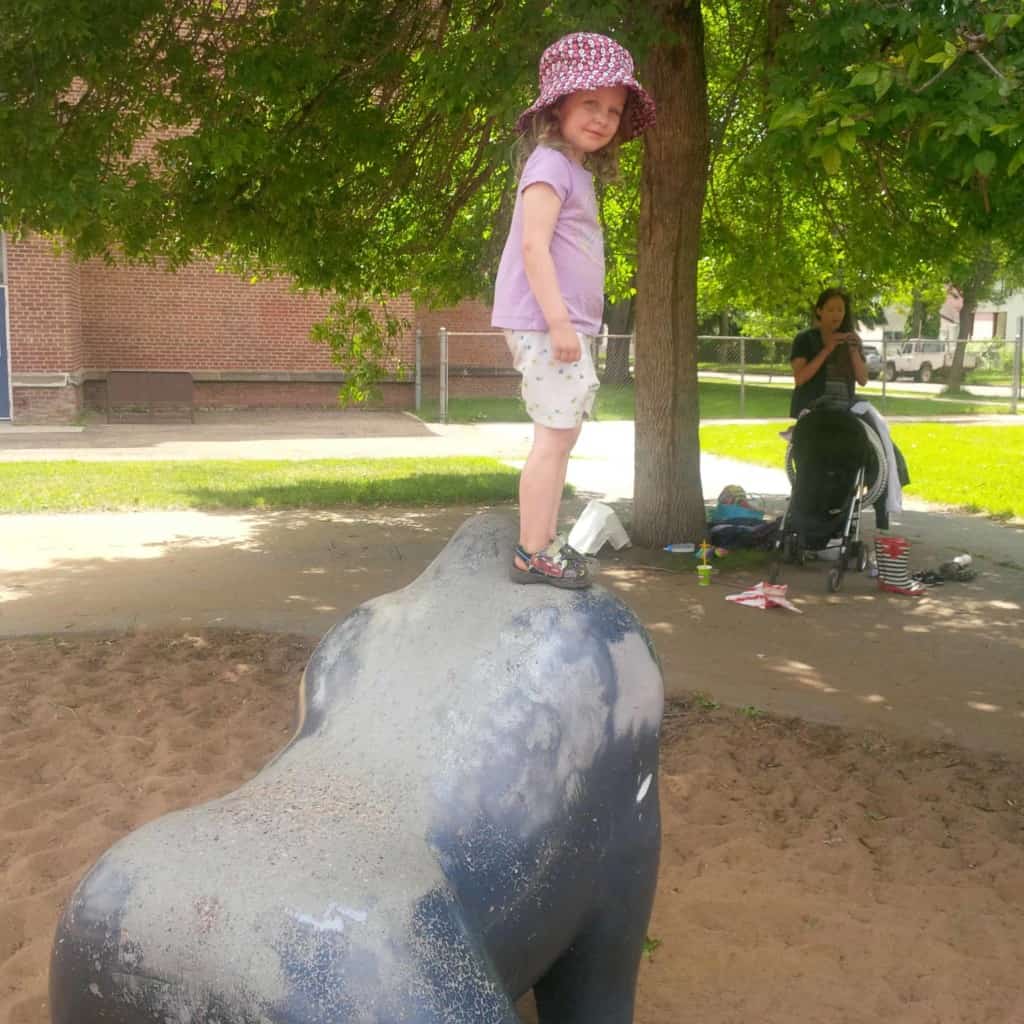Family forms the building blocks of our lives
I’m sure most of you are familiar with proverbs or sayings like: It takes a village to raise a child, quality time, or spare the rod and spoil the child.
Everywhere we look as caregivers, we receive advice (usually conflicting) about how, exactly, we should connect with our children and raise them.
There’s no denying that family matters. What we learn as children influences our attachment and parenting styles as adults. What we learn as children about our place in our families provides the building blocks for how we navigate and negotiate our way through society. Coping skills, resiliency, language acquisition, and problem solving are all initially learned through the lens of our family of origin.
Albert Bandura pioneered the idea of social learning theory, where children learn from their environments by observing the behaviour of those around them. Essentially, children learn to behave as they see adults around them behaving. Those behaviours are usually carried into adolescence and adulthood unless there’s a conscious effort to establish different practices.

Do a little experiment: how do you solve problems or deal with frustration? Write them down.
How did your parents solve problems or deal with frustration compared to you? Notice any similarities? Notice any areas where you deliberately do things differently?
If you chose to use different strategies, I bet it took some work to get them cemented as your go-to technique. This is because what we learn within our families stays with us: they are the foundation by which we learn to build our senses of self, of others, and our place in the world. Children raised in environments where questions were welcomed and learning from mistakes was promoted tend to have higher resiliency than children raised in environments where mistakes were met with harsh critiques and/or shaming.
Family is also where we learn cooperation, essential to the success of our species. Interacting with our family of origin cements the idea of community. Research shows that infants and children who are denied attachment often have trouble identifying and managing their emotions, have poorer cognitive development, and can even develop anti-social behaviours as coping mechanisms.
So if someone has a family of origin where dysfunction and disordered attachment were the norm, are they doomed forever to maladaptive coping strategies? No. The urge to create and maintain family bonds is strong, and when families of origin are unable to meet our needs for emotional support and acceptance, research shows we turn to families of creation.
These families can result in bonds just as strong, if not stronger, than the bonds within families of origin. This search for connection is part of the reason that disadvantaged youths are so vulnerable to joining gangs or other groups, such as cults. But beneficial families of creation can often be protective factors, particularly with respect to LGBT2SQ+ (lesbian, gay, bisexual, trans, two-spirited, queer, and all other sexual/gender minorities) youth and adults.
As parents, what can we do to provide a quality family environment? The foundational part is attachment: how much time are you able to spend with your kids where you’re all experiencing connection? I’m sure most parents are familiar with the response of “nothing” when they ask their offspring what happened during their day. One way to get around this is to ask questions like, “What was the funniest thing that happened today? Who were you kind to today? Who did something kind for you? What was your favourite part of <insert class or subject of study>?”
Connection and strengthening family bonds is all about quality time. With little ones, any sort of side-by-side activity such as reading books, telling each other stories, and even just snuggling as you watch the snowfall, the sunset, or the sunrise is an important building block for connection.
Don’t look for perfection; look for connection. We all have busy lives and responsibilities. Look at family time as a chance to model showing love as well as receiving it. Adults need to feel connected, too.
Featured Image: Finding time to connect with your family helps to strengthen family bonds. | Franki Harrogate







